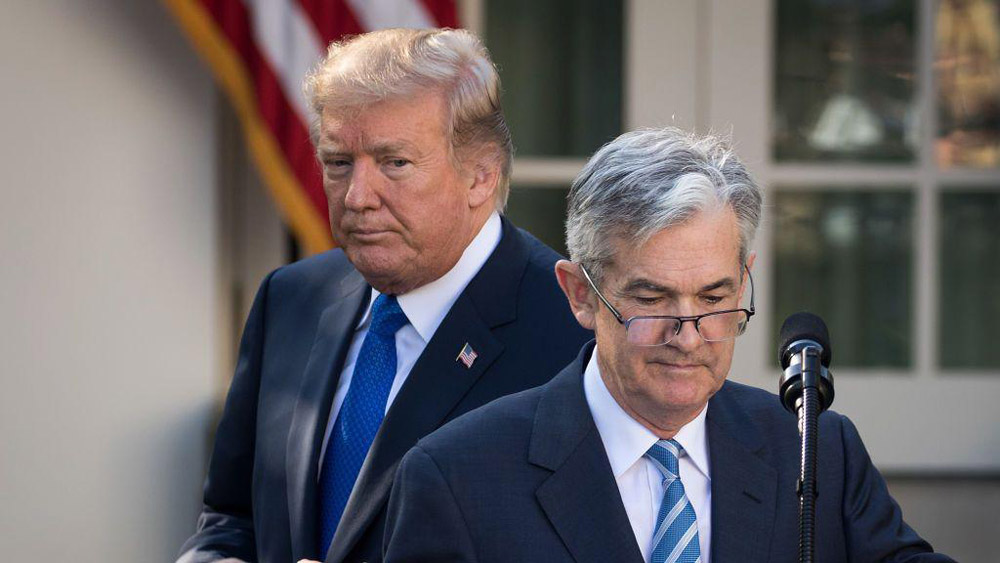In recent developments, U.S. Federal Reserve officials remain cautious about interest rate adjustments, citing potential inflationary impacts of President Donald Trump’s proposed tariffs. Meanwhile, stock markets continue to defy concerns, reaching new heights.
Fed’s Concerns Over Inflation and Tariffs
Minutes from the Federal Reserve’s January meeting reveal a unanimous decision to hold interest rates steady. Officials expressed apprehension regarding “upside risks to the inflation outlook,” particularly stemming from trade and immigration policy changes. These concerns were reinforced after President Trump announced additional tariffs on Tuesday, targeting critical sectors like automobiles, pharmaceuticals, and semiconductors.
The proposed tariffs, which could start as early as April 2, impose a 25% levy on imports from key trading partners such as Mexico, Japan, and Canada. Trump hinted that these duties could escalate further over the next year, potentially exacerbating inflationary pressures.
Markets Unshaken by Tariff Threats
Despite the tariff uncertainties, U.S. markets remained bullish. On Wednesday, the S&P 500 climbed 0.24% to close at another record high, marking its second consecutive day of gains. The Dow Jones Industrial Average rose 0.16%, and the Nasdaq Composite edged up by 0.07%. Investors appear unfazed by the economic implications of the tariffs, buoyed by the broader strength of the U.S. economy.
Goldman Sachs’ chief economist attributes the resilience to strong economic fundamentals and a general investor sentiment that Trump’s trade policies, though disruptive, may not derail long-term growth.
Global Market Reactions
While U.S. markets thrived, Asia-Pacific markets struggled under the weight of tariff concerns. Key players in the automotive industry, such as Nissan Motor and Hyundai Motor, experienced declines, dragging down Japan and South Korea’s stock indexes. These developments highlight the global ramifications of U.S. trade policies, particularly for nations heavily reliant on exports to the U.S.
In China, the People’s Bank of China opted to maintain its key interest rates, prioritizing financial stability over economic stimulus. The one-year loan prime rate remains at 3.1%, and the five-year rate at 3.6%, aligning with market expectations.
Apple’s New iPhone Faces Tariff Challenges
Amid the tariff discussions, Apple unveiled its latest budget-friendly smartphone, the iPhone 16e, priced at $599. The device, powered by Apple’s A18 chip, offers features like Apple Intelligence at a competitive price point. However, analysts warn that potential tariffs on electronics could force Apple to increase prices, potentially diminishing the appeal of its new offering.
Quantum Leap: Microsoft’s Majorana 1
In a groundbreaking announcement, Microsoft introduced its first quantum computing chip, Majorana 1. The chip employs a novel topological state of matter, marking a significant milestone in quantum technology. Unlike traditional semiconductor chips, Majorana 1 is manufactured in-house by Microsoft, leveraging indium arsenide and aluminum to create eight topological qubits. This innovation underscores the potential of quantum computing to tackle complex problems beyond the capabilities of classical computers.











